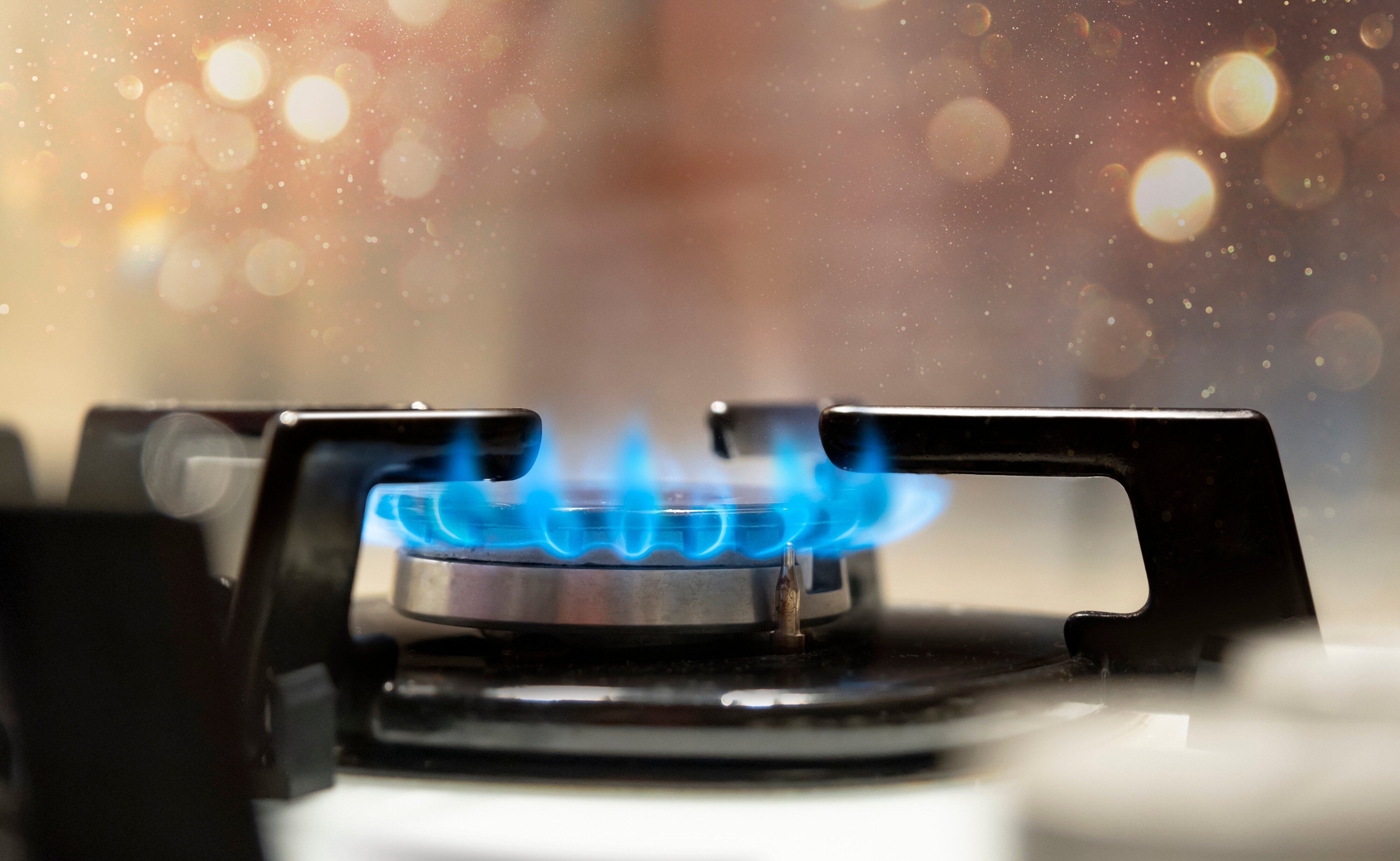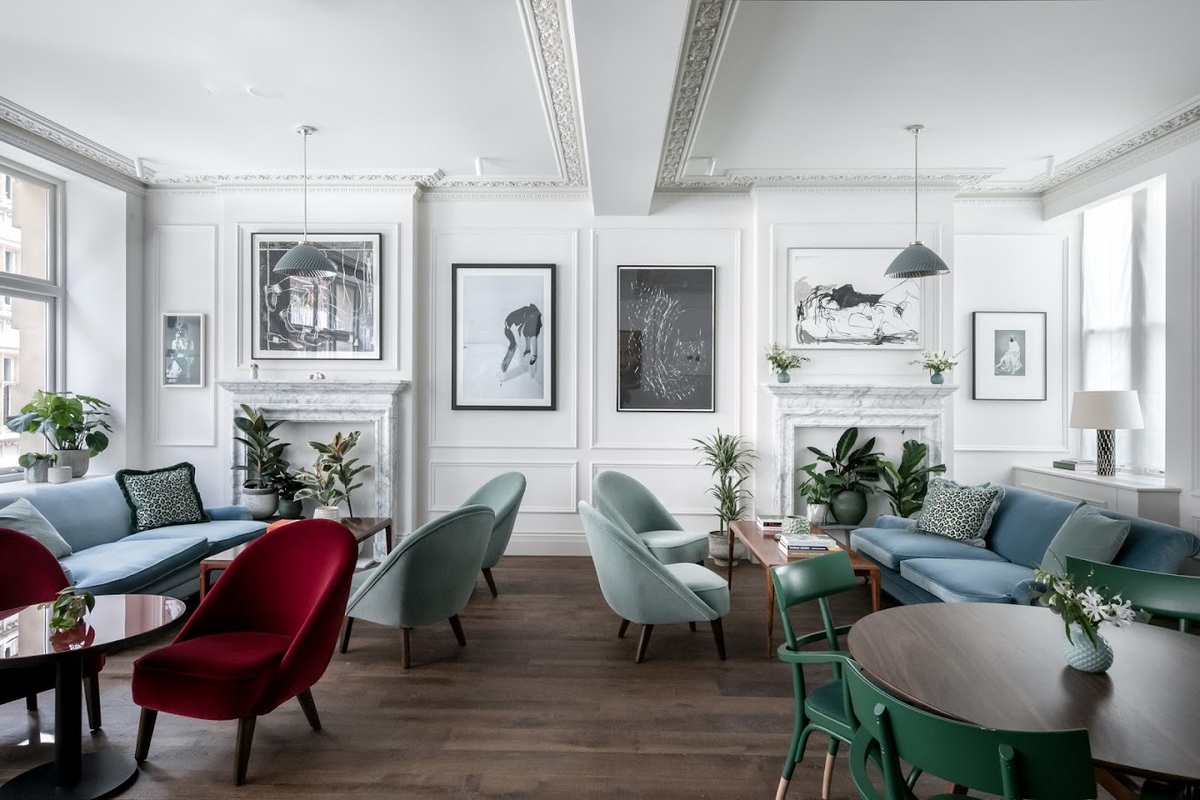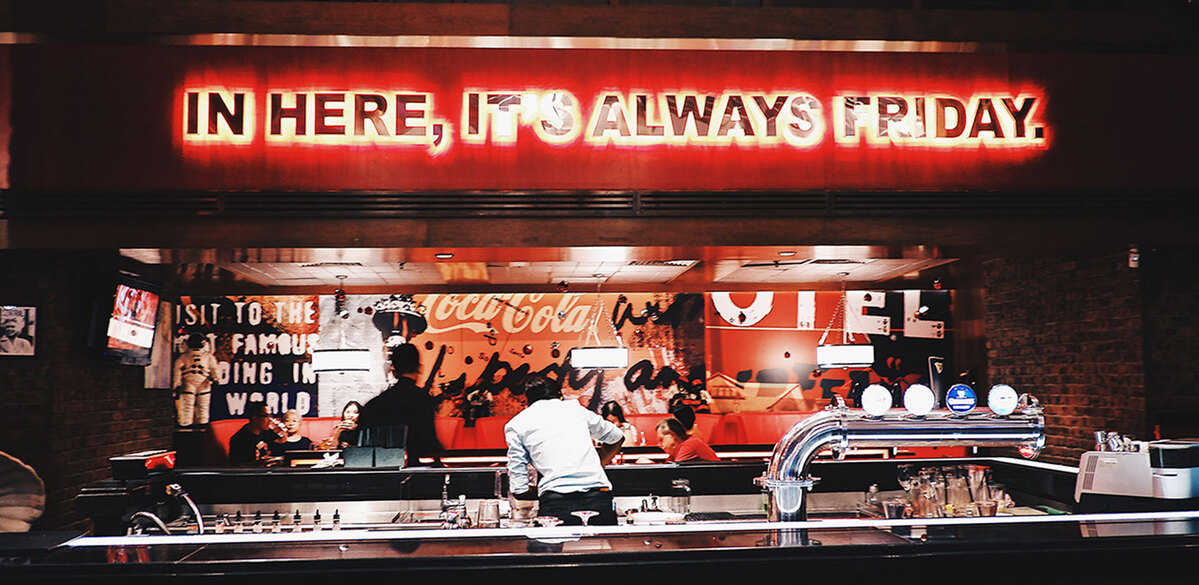Hospitality businesses warn rising energy costs could cause closures
Hospitality businesses are calling for a commercial cap on energy prices as continued price hikes create a “nightmare scenario” for operators, with some considering permanent closure.
Over nine in ten (93%) of venues have experienced rising a rise in energy costs, according to data from the latest Future Shock industry report, compiled by UKHospitality and CGA.
Dean Wood, who runs the Aber Hotel pub and restaurant in Abertridwr, Wales, was faced with a 500% price rise from his energy provider in May.
Speaking to The Caterer, he said: “They just billed us £1,200 for a gas bill and £4,000 for electric bill, bearing in mind the gas boilers weren’t really used. How can that be right? There’s a 54% cap on domestic premises, but on commercial, there’s no cap at all. I can’t see how it can be justified.”
The Aber hotel also has a food bank on its premises, but Wood expressed concerns that he will have to close the entire venue, which first launched in December 2016.
He added: “These energy bills have just shot up and if something doesn’t improve, we’ll be closed in the next six months. It’s a bit of a nightmare scenario at the moment. It’s going to hurt every single business.”
Before the price hikes, Wood was paying £660 a month for energy. Now, with his new supplier, he still needs to afford £2,000.
Lucy Harper, who manages the Red Lion restaurant and bar in Soham, Cambridgeshire said that rising household energy bills are undermining consumer confidence. Her 50-seater venue experienced “the quietest spring we have ever had”, with bookings down by a third.
She said: “We’ve put our prices up twice this year, but we’re reluctant to put them up anymore because we’re already quieter because of other people’s energy [bills rising] so it’s been like a double whammy. We’re having to absorb the cost ourselves. [We’re] feeling a bit helpless really.”
She would welcome a commercial cap on energy prices or further government intervention on VAT rates.
In the meantime, Harper revealed that her team are preparing for a “telling” October, adding: “At the moment, we open five days a week, but if it goes really dead, we’ll probably go down to four days a week. There’s no point paying for staff and preparing for everything if people aren’t going to come in.”
Calls for government intervention
Labour councillor Ibrahim Dogus, who owns three restaurants by London’s Southbank – Westminster Kitchen, Troia, and La Cucina di Mamma – pointed out why high energy prices are particularly crippling for hospitality businesses.
He said: “It’s a cost that you can’t do anything about. You’ve got to keep your equipment on to be able to cook. It’s not like you can turn the lights off and try to do your work. Your fryers, your grills, your fridges, your freezers, your cauldrons – they all have to stay on, consuming electricity 24 hours a day. You have no way of cutting back on usage.”
Dogus, who has been paying £5,600 in monthly energy bills since November 2021, expects to see an additional price rise in October, which could “easily [be] £8,000 a month”.
He warned that his restaurants will be in “big trouble” if energy prices “end up much higher than our rent”, adding: “We managed to use savings to keep going, but our savings have dried up now. Now, it’s the turnover that is paying for liabilities, but we’re at about 50% of our turnover.”
Without direct help from energy companies or the government, he worried that businesses would run out of options to survive.
He said: “The wages are stagnated, the inflation is biting into everybody’s income, people are struggling with their disposable income.
“All the small businesses across the country need proper help. Hopefully [the government will] have a leader who is prepared to do more to save our small businesses on high streets across the country.”
A spokesperson from the Department for Business, Energy and Industrial Energy, said: “No national government can control the global factors pushing up the price of energy and other business costs, but we will continue to support the hospitality and retail sectors in navigating the months ahead.
“We are supporting hospitality businesses across the UK with 50 per cent business rates relief, freezing alcohol duty rates on beer, cider, wine and spirits and increasing the employment allowance. This is in addition to the billions in grants and loans offered throughout the pandemic.”
Image: Gokhan Y / Shutterstock


















